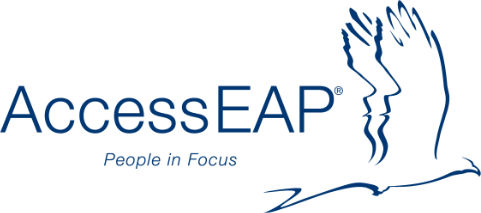Families with children with disabilities are particularly vulnerable to financial disadvantage, stress and marital breakdown. Risks to children also increase where disabilities are present – including risks associated with abuse and neglect.
The National Disability Insurance Scheme (NDIS) is introducing some important opportunities for families impacted by a child’s disability, including increased funding to access therapeutic interventions (physiotherapy, speech therapy, and occupational therapy), respite care and other supports to address the needs of children and their carers. However, many of the expenses associated with the consequential challenges of supporting a child with disabilities are unmet. the following programs have been funded to help meet these needs.
Family Recovery is a unique program working with the children and young family members of alcohol and other drug users. Providing the family with effective coping skills has been found to reduce the alcohol or drug user’s consumption and encourage them to seek help. Families are also assisted to improve their quality of life even if the substance user continues to use and resists any change. Data from 2016-2017 indicates that 72% of participants reported their family member either reduced or ceased their alcohol or other drug use.
Intensive Family Care program works with families who experience hardship, difficulties and stress, all of which impact on their ability to parent their children. Families are given the chance to learn new skills and gain knowledge that will assist them to make better life choices for the children. These services are provided in the home in addition to group-based services throughout South West Sydney.
Prenatal Support program is a counselling-lead program which works with vulnerable parents-to-be who are anxious or not coping with pregnancy.
Volunteer to Halt Loneliness is a community action project to alleviate the burden of loneliness and isolation amongst the elderly. Loneliness is major mental health issue for our Senior community, however there are few services to assist Seniors confined to their homes by ill health or ageing. At the same time there are hundreds of volunteers willing and able to give their time for social support: visiting and helping with household tasks, transporting an elderly person to a community activity or simply making a check-in call to monitor a Senior person’s wellbeing. The Volunteer to Halt Loneliness project aims to match isolated elderly people with suitable volunteers.
In addition to these amazing programs AccessEAP provides funding for the Domestic Violence Housing program in Queensland and Refugee Dads and Kids Weekend program in Victoria. Both programs focus on giving vulnerable families support to improve the lives and opportunities of disadvantaged children in our communities.



